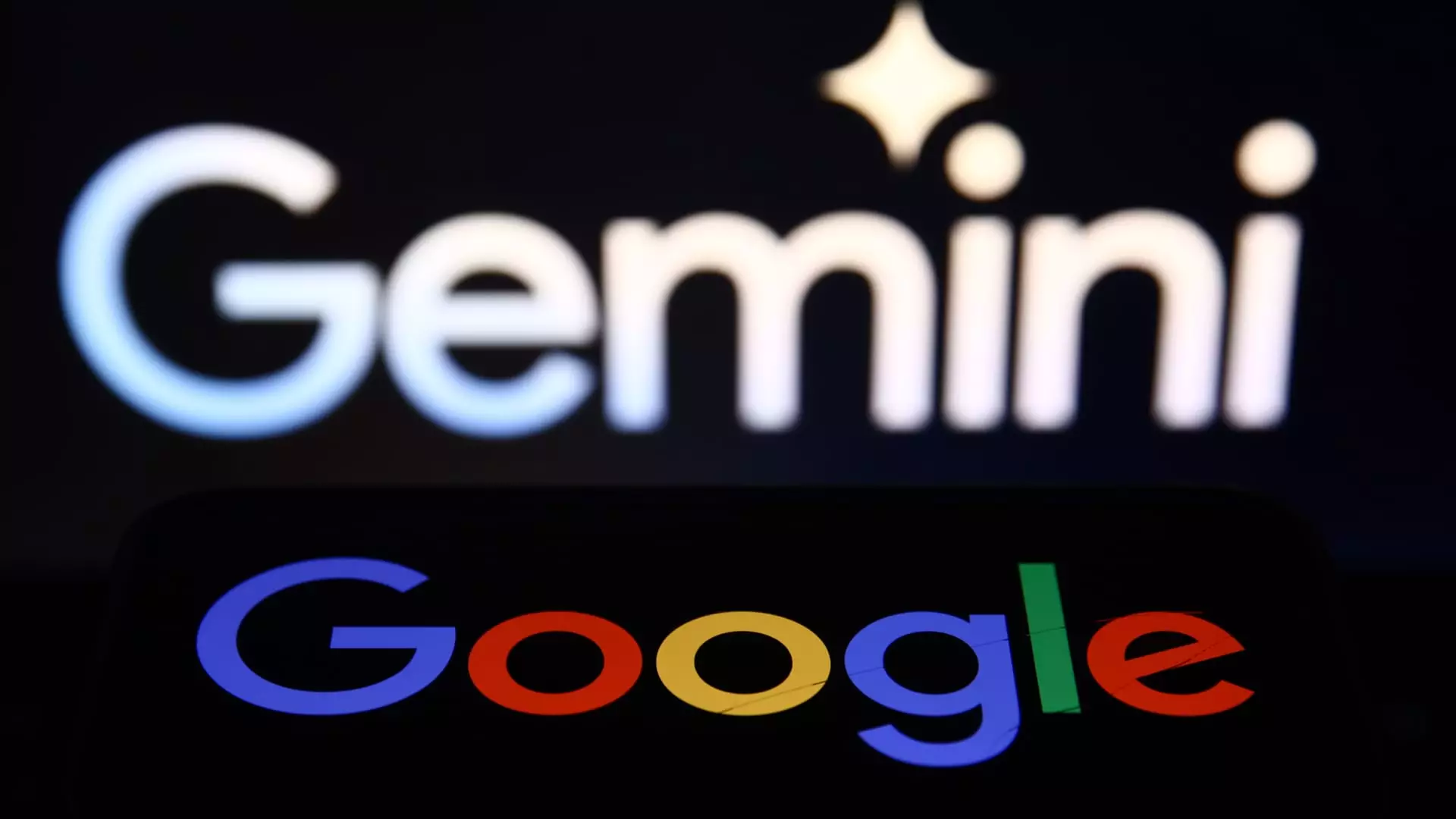Google recently announced a major rebranding of its artificial intelligence (AI) chatbot and assistant, Bard. The new brand name is Gemini, which aligns with the suite of AI models that power the chatbot. This rebranding effort reflects Google’s dedication to advancing AI assistants or agents as powerful productivity tools. The company aims to provide users with an AI agent that can perform a wide range of tasks, from simple to complex.
To enhance accessibility, Google unveiled new ways for consumers to use its AI tool. Android users can now download a dedicated app for Gemini, while iPhone users can access Gemini within the Google app on iOS. This move underscores Google’s determination to invest in AI assistants and make them readily available to a broader audience.
Introducing Gemini Ultra 1.0
As part of its rebranding strategy, Google also introduced a subscription option called Gemini Ultra 1.0. This subscription provides power users with access to Google’s most powerful AI model. Gemini Ultra 1.0 is available for $19.99 per month through Google One, the company’s paid storage offering. Existing Google One subscribers can enjoy the AI subscription without additional cost if they already have a storage plan. Google also offers a two-month free trial for users interested in exploring the capabilities of Gemini Ultra 1.0.
While the recent updates are currently limited to English language users, Google plans to expand its language offerings to include Japanese and Korean soon, as well as other languages in the future. Moreover, Google aims to integrate Gemini’s assistant capabilities into various Google products such as Gmail, Docs, Sheets, Slides, and Meet for Google One subscribers. By incorporating more context from user content in Gmail, Docs, and Drive, Gemini aims to provide more personalized and relevant responses, enhancing overall user experience.
Gemini for Workspace and Gemini for Google Cloud
The rebranding not only affected Bard but also Google’s packaged AI agents within Google Workspace and Google Cloud, formerly known as Duet AI. These agents, which cater to client companies like Wayfair, GE, Spotify, and Pfizer, will now be referred to as Gemini for Workspace and Gemini for Google Cloud. The integration of Gemini’s capabilities in these platforms brings increased productivity and efficiency to company operations.
Google envisions an AI agent that can perform even more complex tasks in the future. This includes scheduling group hangouts, managing travel arrangements, handling specific job functions, and much more. However, the current capabilities of Gemini and other tools primarily revolve around tasks such as summarization, to-do list generation, and code writing assistance. Google plans to leverage generative AI, particularly with its advanced models, to further enhance the capabilities of Gemini and other AI agents like Bard.
Emphasizing Direct Interaction with AI Models
The rebranding of Bard to Gemini aims to help users understand that they are directly interacting with the cutting-edge AI models that power the chatbot. Sissie Hsiao, Vice President at Google and General Manager for Google Assistant and Bard, emphasized the connection between Bard and Gemini, stating that Gemini represents Google’s cutting-edge models. This rebranding initiative highlights Google’s commitment to transparency and user understanding in AI interactions.
The Next Chapter in AI Assistants
Google’s efforts to redefine its AI assistant through the introduction of Gemini mark an important step in achieving a true AI assistant. It showcases Google’s commitment to enhancing productivity, efficiency, and personalized experiences for its users. With the expansion of language offerings, integration with various Google products, and the introduction of Gemini Ultra 1.0, Google is actively pushing the boundaries of what AI assistants can accomplish. As technology continues to advance, Google remains at the forefront of AI innovation, paving the way for a future where AI agents seamlessly interact with users and assist in various aspects of their lives.

Leave a Reply